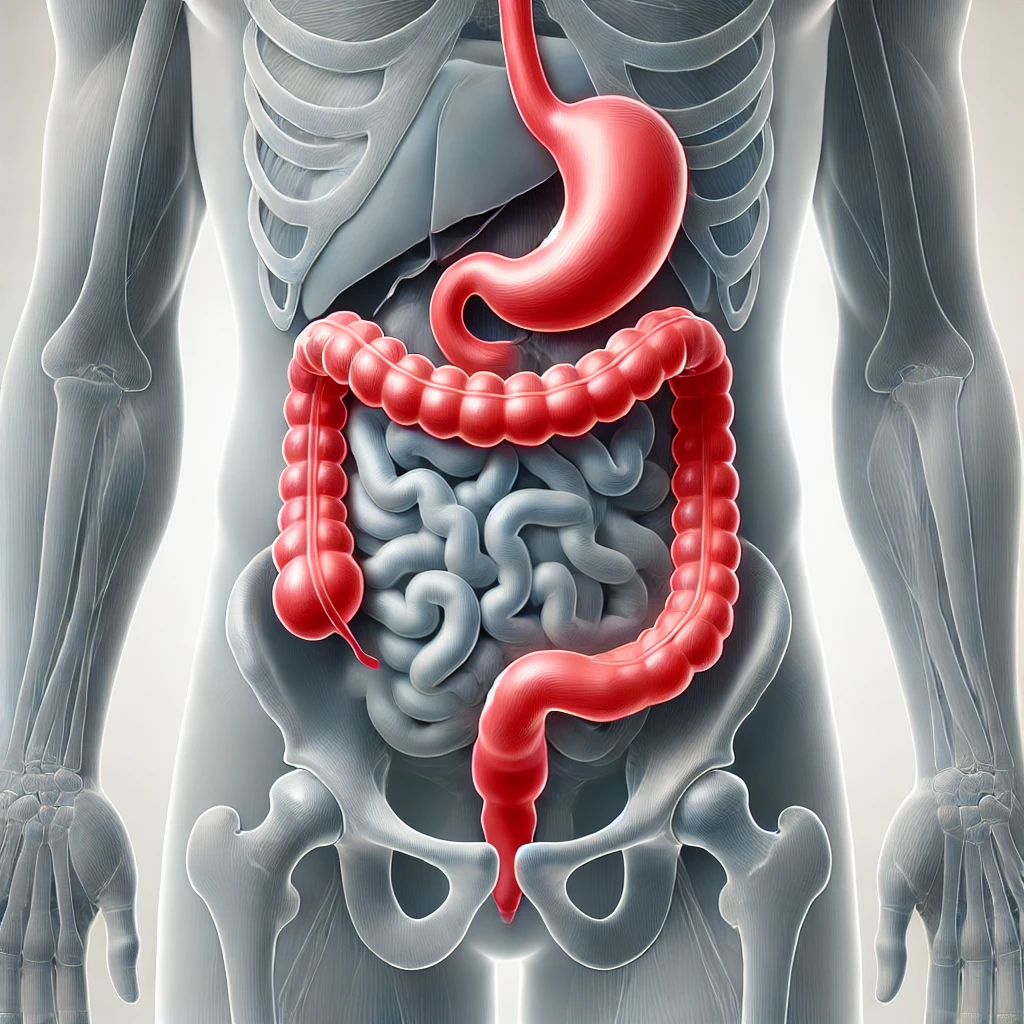Suspected Symptoms of Colon Cancer: Warning Signs
Early detection of colon cancer significantly improves treatment outcomes. However, symptoms in the early stages are often subtle or nonexistent, making them easy to overlook. Below are the key symptoms to watch for and advice… Suspected Symptoms of Colon Cancer: Warning Signs
